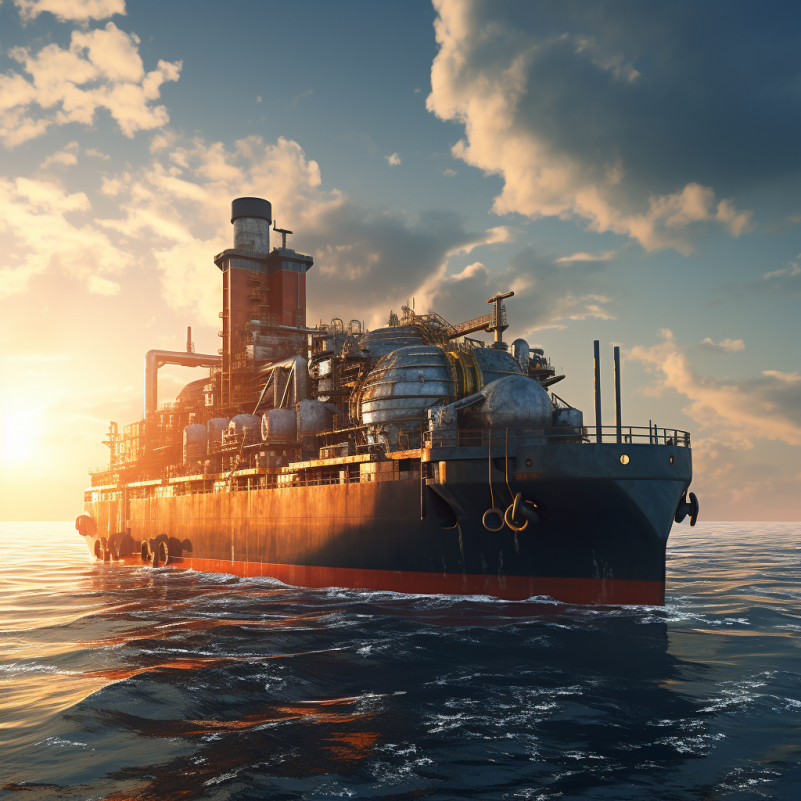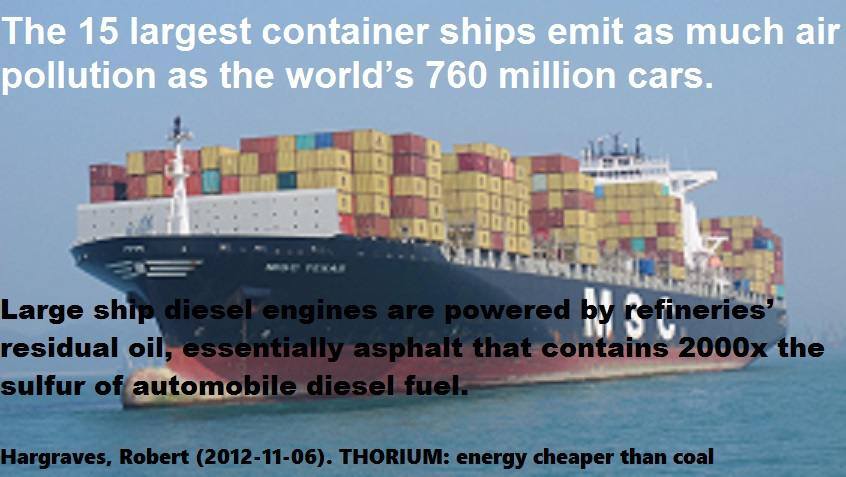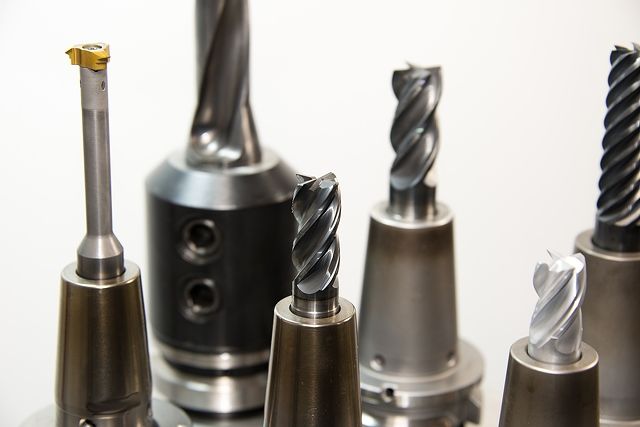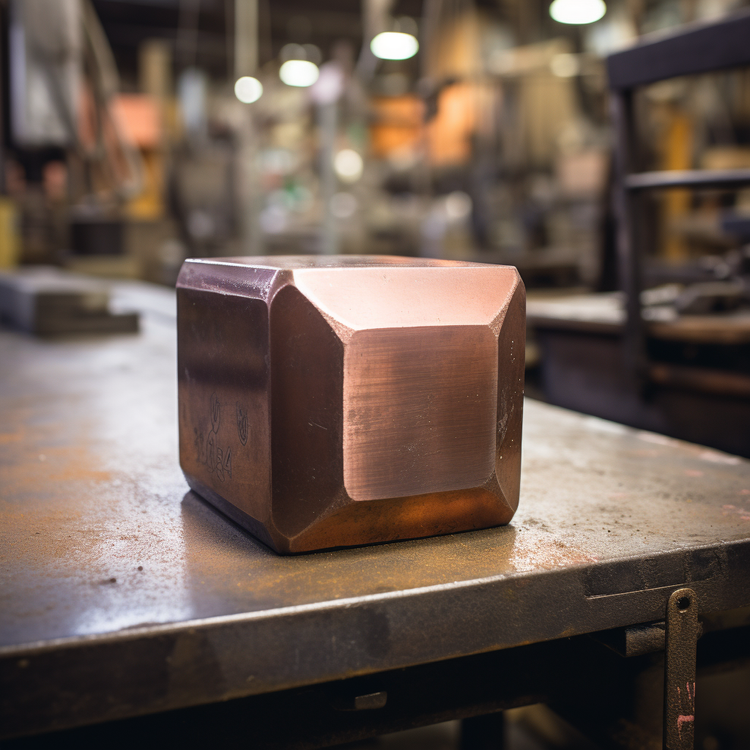Why Nuclear-Powered Merchant Ships Probably Aren't Going to Happen

Today I saw a meme floating around suggesting that we deploy a fleet of nuclear-powered merchant ships to solve our environmental crisis.
I like nuclear power in general; however, I don't see this as a cost-effective solution. There are a lot of huge problems with doing this that I can't see a good fix to without spending more money than would be economically feasible.
First of all, let's talk about security first. You'd need more than a few security guards to scare away just a half-dozen pirates. This is a floating multi-billion dollar target we're talking about. Not only is there a cost-value associated with the ship, there's also the chance of capturing enriched nuclear fuel. You also get spent fuel thrown in for free. That makes it have military value. I can already see people ready to comment on nuclear icebreakers. Russian nuclear icebreakers are all government-owned. If anyone attacked those, it'd be an act of war within Russian territorial waters. Privately owned and operated merchant ships operating in international waters are a completely different matter.
Ok, so we provide NATO escort for this container ship sufficient to ward off any small nation-state that has aspirations of becoming a nuclear power.
What about the design?
OK, we must design a new class of container ships with a powerplant that uses a nuclear reactor. Keep in mind that military shipboard reactor plants are all totally classified so you're doing a lot of work from the ground up. The engine room and powerplant must be designed from the ground up while incorporating lessons learned from other accidents. It might be possible to incorporate design decisions from the NS Savannah, nuclear demonstration vessel to save costs; however, there'd have to be a lot of work done to bring it up to modern standards while keeping it competitive. Don't forget that any nuclear accident on a merchant vessel may instantly spell the end of this class of freighter. The design has to be perfect the first time. That's a non-trivial problem. Throw some money at an army of engineers, and you can solve it...eventually.

What about the fuel load?
If we're going to operate a mobile nuclear platform that won't be refueled every 6-18 months like a commercial plant, we have to load more fuel. This provides greater energy density at the cost of ... well, dollars. A lot of dollars. Why can't we refuel every year? Unless your aforementioned army of engineers can figure a better way than what we've been doing for decades (not likely), shipboard reactor refueling is a massive overhaul event often considered one of the most difficult engineering tasks of our generation.
Speaking of the fuel, where does the fuel come from? Is the US going to enrich fuel for the entire world? Who is going to store it once it's used up. For the non-engineers, spent fuel is potentially far more dangerous in the wrong hands than unspent fuel.
I already see some people mumbling about Thorium. Thorium sounds pretty great in theory; however, it's still mostly theoretical. We've never seen full-scale commercial deployment. We've seen very small-scale laboratory tests. I would be over the moon if we started developing Liquid Fluoride Thorium Reactors for commercial or industrial use ... but it just hasn't happened yet. No one seems willing to take the risk to see how this technology will pan out. Anyway, back to our nuclear merchant ship.
Ok, we solved all of the engineering problems on the ship at a large cost. We have our fuel stored on our new class of merchant vessels that will have a sufficient military escort to ward off a sizable attack.
Where do they port at?
Nuclear vessels have different berthing requirements compared to non-nuclear. This is both an engineering, financial, and political question. Many (if not most) ports lack nuclear-quality services. Many countries explicitly ban nuclear vessels. The variables here are too varied to discuss, but it is a non-trivial problem.
Ok, for the sake of argument, we've upgraded our major shipping ports with radioactive waste storage, high-quality pure-water systems, and whatever else might be required to berth one of these vessels.
Who crews it?
We're going to have to create a new academy for training nuclear-qualified sailors worldwide. How is clearance to nuclear spaces determined? Is the undesignated seaman picked up from your random country of choice going to be allowed to be on the fire party for the engine room still? This isn't a difficult problem to solve, but it adds some significant complexity to the problem.
For anyone still reading, I submit this last question: With all of the costs and challenges I outlined, who is going to finance billions of dollars of research to create multi-billion dollar merchant ships that are far, far more expensive to operate than conventional ships all in the name of the environment?
I think we need to spend our efforts elsewhere for now.





Member discussion